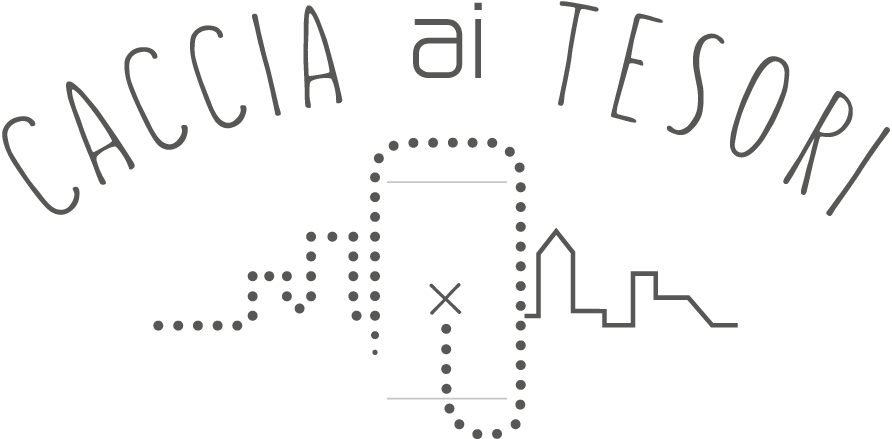The ISDA 2002 Master Agreement Cross Default: What You Need to Know
The ISDA 2002 Master Agreement is a widely used legal document in the derivatives market. It defines the terms and conditions between two parties who want to enter into a derivatives transaction. The agreement also provides a framework for the management of risks associated with these transactions.
Cross default is an important provision in the ISDA 2002 Master Agreement. It is a clause that can have significant consequences for both parties if triggered. In this article, we will explore what cross default is and how it works in the context of the ISDA 2002 Master Agreement.
What is Cross Default?
Cross default is a clause that is included in many financial contracts, including the ISDA 2002 Master Agreement. It is a provision that allows one party to declare a default if the other party defaults on another agreement. This means that if Party A defaults on an unrelated agreement, Party B can declare that Party A is also in default on the ISDA 2002 Master Agreement.
For example, let`s say that Party A and Party B enter into a derivatives transaction under the ISDA 2002 Master Agreement. Party A also has a loan agreement with a bank that contains a cross default provision. If Party A defaults on the loan agreement, Party B can declare Party A in default on the ISDA 2002 Master Agreement, even if Party A has not defaulted on the derivatives transaction.
How Does Cross Default Work in the ISDA 2002 Master Agreement?
The ISDA 2002 Master Agreement includes a Standard Cross Default provision in Section 5(a)(vi). This provision allows one party to declare the other party in default if they default on any “Specified Transaction” with any “Defaulting Party”. The term “Specified Transaction” refers to any agreement between the parties that is specified in the Schedule to the ISDA 2002 Master Agreement. The term “Defaulting Party” refers to any party that is in default under any “Specified Transaction”.
The Standard Cross Default provision in the ISDA 2002 Master Agreement is a two-way provision. This means that either party can declare the other in default if they default on any Specified Transaction with any Defaulting Party. Therefore, it is important for both parties to be aware of any cross default provisions in their other agreements.
What are the Consequences of Cross Default?
If cross default is triggered under the ISDA 2002 Master Agreement, the non-defaulting party may have the right to terminate all outstanding transactions and demand immediate payment of any amounts owed. This can have significant financial consequences for both parties.
In addition, cross default can also trigger other provisions in the ISDA 2002 Master Agreement, such as the Close-out Amount calculation and the Early Termination provisions. These provisions can also have significant financial consequences for both parties.
Conclusion
Cross default is an important provision in the ISDA 2002 Master Agreement that can have significant consequences for both parties if triggered. It is important for both parties to be aware of any cross default provisions in their other agreements and to manage their risks accordingly. As always, it is recommended to seek professional legal advice when drafting or entering into financial contracts.
